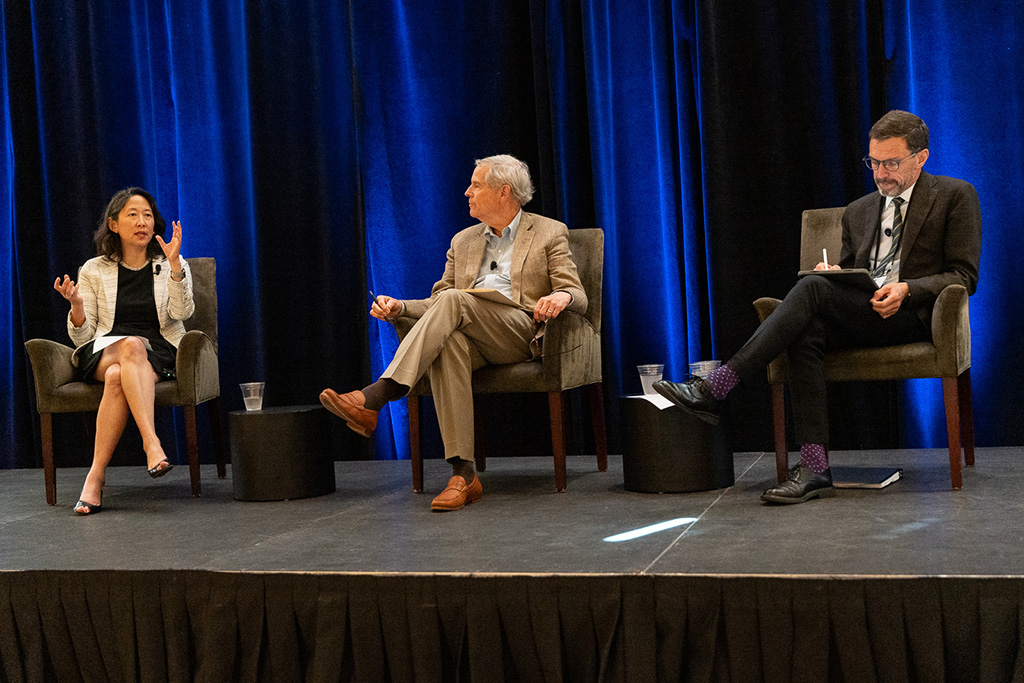
Program & Speakers
// 2025
2025 Conference Program
Please check back for updates as our speaker lineup and program is evolving.
Time
Sessions & Speakers
track
8:30 AM – 9:30 AM
Recent Developments in Charitable Gift Planning![]() Martin Hall, Founding Attorney, Hall & Diana LLC
Martin Hall, Founding Attorney, Hall & Diana LLC
Breakfast Plenary
9:45 AM – 10:45 AM
The Art of the Gift: Myths and Facts of Philanthropy with Art & Collectibles![]() Shari Levitan, Private Wealth Services Attorney | Chair – New England, Holland & Knight LLP
Shari Levitan, Private Wealth Services Attorney | Chair – New England, Holland & Knight LLP![]() Victoria Gray, Deputy Chairman, North America, Bonhams
Victoria Gray, Deputy Chairman, North America, Bonhams
Breakout | Philanthropic Trends and Strategies
9:45 AM – 10:45 AM
Elevating the Client Experience: donor segmentation, DAFs, and how to have the charitable conversation with clients![]() Erinn Andrews, Founder & CEO, GiveTeam, PBC
Erinn Andrews, Founder & CEO, GiveTeam, PBC
Breakout | Fundamental
9:45 AM – 10:45 AM
Tips, Tricks and Traps: Charitable Bequests![]() Bryan Kirk, Development Legal Counsel, Planned Giving, Stanford University
Bryan Kirk, Development Legal Counsel, Planned Giving, Stanford University
Breakout | Technical
11:00 AM – 12:00 PM
Choosing the Right Vehicle: CGAs vs CRTs![]() Bill Knox, Senior Director, Technical Consulting and Strategic Innovation Projects, TIAA Kaspick
Bill Knox, Senior Director, Technical Consulting and Strategic Innovation Projects, TIAA Kaspick
Breakout | Philanthropic Trends and Strategies
11:00 AM – 12:00 PM
Charitable Planning for the Sunset of the Tax Cuts and Jobs Act and 2025 Tax Reform![]() Larry Pon, CPA/PFS, CFP, EA, USTCP, AEP, Pon & Associates
Larry Pon, CPA/PFS, CFP, EA, USTCP, AEP, Pon & Associates
Breakout | Fundamentals
11:00 AM – 12:00 PM
Advanced Charitable Planning![]() Howie Pearson, Development Legal Counsel & Sr. Philanthropic Advisor, Planned Giving, Stanford University
Howie Pearson, Development Legal Counsel & Sr. Philanthropic Advisor, Planned Giving, Stanford University![]() Julie Kwon, Partner, McDermott Will & Emery LLP
Julie Kwon, Partner, McDermott Will & Emery LLP![]() Martin Hall, Founding Attorney, Hall & Diana LLC
Martin Hall, Founding Attorney, Hall & Diana LLC
Breakout | Technical
12:45 PM – 1:45 PM
AI for Good Isn’t Good Enough: A Call for Human-Centered AI![]() James Landay, Co-Director Stanford Institute for Human-Centered AI (HAI)
James Landay, Co-Director Stanford Institute for Human-Centered AI (HAI)
Lunch Plenary
2:00 PM – 3:00 PM
Thriving in the Crucible: Advising the Philanthropic Family![]() Matthew Wesley, Founder, Ascend Family Group
Matthew Wesley, Founder, Ascend Family Group![]() Marie D’Costa, Executive Vice President of Philanthropic Partnerships, Silicon Valley Community Foundation
Marie D’Costa, Executive Vice President of Philanthropic Partnerships, Silicon Valley Community Foundation
Breakout | Philanthropic Trends and Strategies
2:00 PM – 3:00 PM
Charitable Giving 101![]() Liza Hanks, Director, Gift Planning Silicon Valley Community Foundation
Liza Hanks, Director, Gift Planning Silicon Valley Community Foundation![]() Julie Lanz, Senior Associate Director, Planned Giving, Stanford University
Julie Lanz, Senior Associate Director, Planned Giving, Stanford University
Breakout | Fundamental
2:00 PM – 3:00 PM
Charitable Giving Across Borders: Opportunities and Challenges for US and Non-US Donors![]() Elizabeth Bawden, Partner, Trust, Estates & Charitable Planning, Withers Bergman LLP
Elizabeth Bawden, Partner, Trust, Estates & Charitable Planning, Withers Bergman LLP![]() Joy Chang, Partner, Private Client and Tax Withers Bergman LLP
Joy Chang, Partner, Private Client and Tax Withers Bergman LLP
Breakout | Technical
3:15 PM – 4:15 PM
Charitable Uses of Retirement Assets ![]() Christopher Hoyt, Professor, University of Missouri-Kansas City
Christopher Hoyt, Professor, University of Missouri-Kansas City
Afternoon Plenary
// 2025
Conference Speakers
-
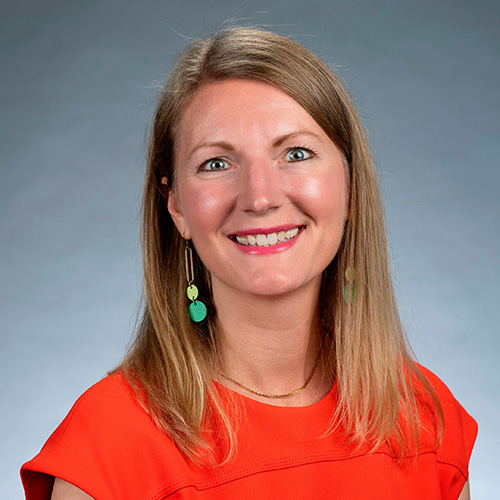
Erinn Andrews
Founder & CEO
GiveTeam, PBC
-
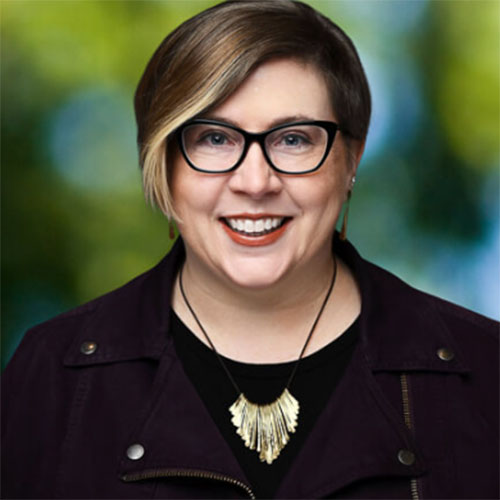
Elizabeth Bawden
Partner; Trust, Estates & Charitable Planning
Withers Bergman LLP
-
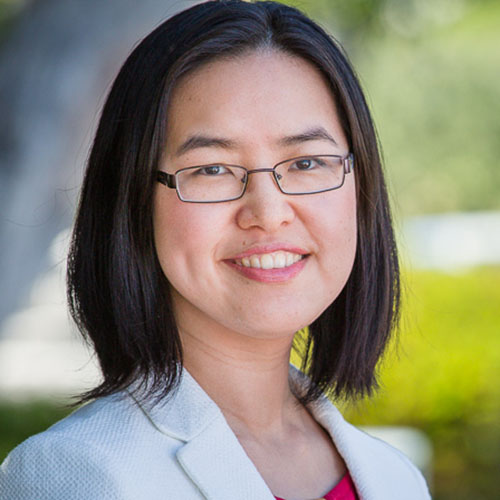
Joy Chang
Partner
Withers Bergman LLP
-
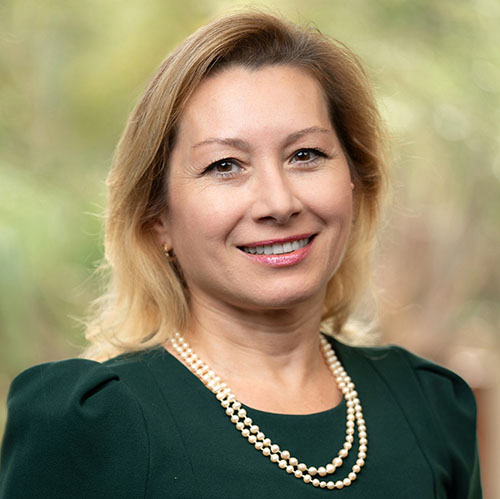
Marie D’Costa
Executive Vice President of Philanthropic Partnerships
Silicon Valley Community Foundation
-
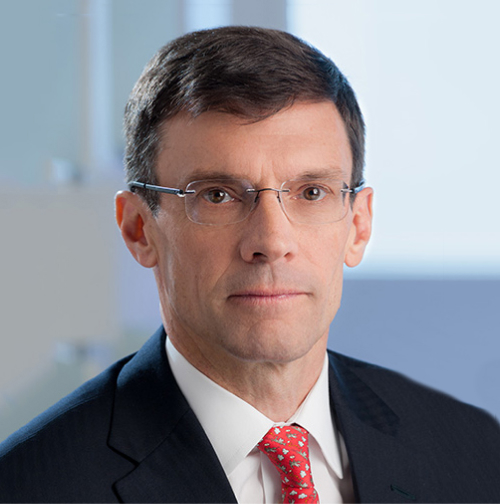
Martin Hall
Attorney, Founding Partner, Managing Director
Hall & Diana LLC
-
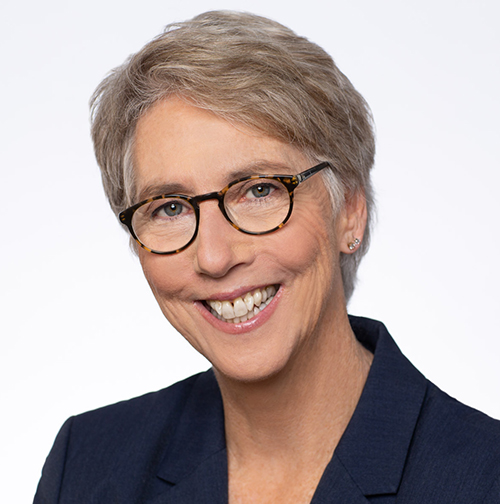
Liza Hanks
Director of Gift Planning
Silicon Valley Community Foundation
-
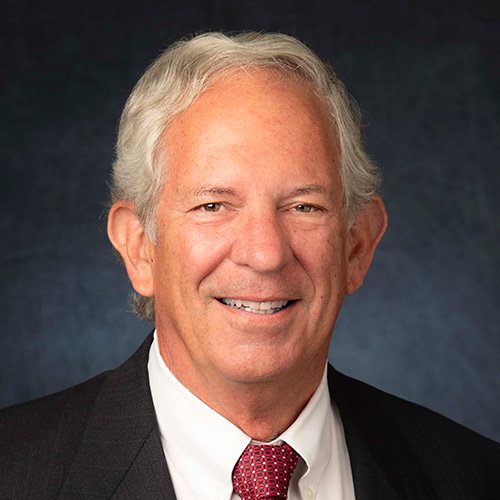
Christopher Hoyt
Professor
University of Missouri-Kansas City
-
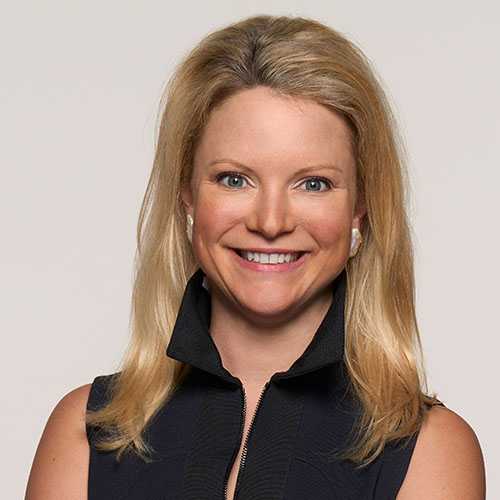
Victoria Gray
Deputy Chairman, North America
Bonhams
-
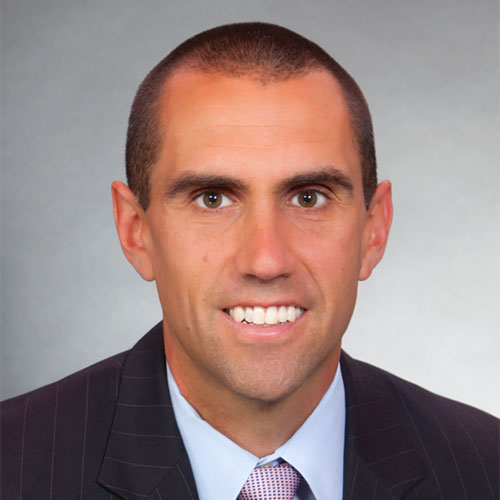
Bryan Kirk
Development Legal Counsel
Stanford University
-
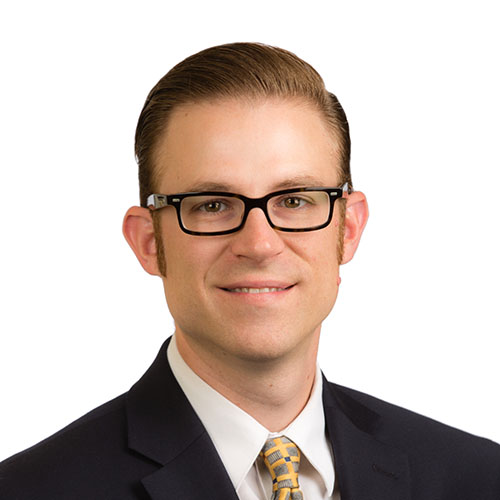
Bill Knox
Senior Director, Technical Consulting and Strategic Innovation Projects
TIAA Kaspick
-
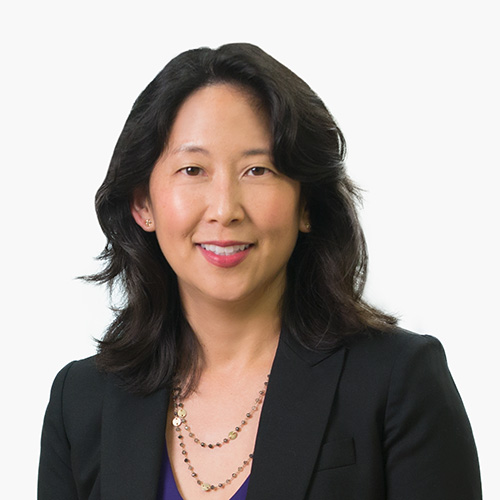
Julie Kwon
Partner
McDermott Will & Emery LLP
-
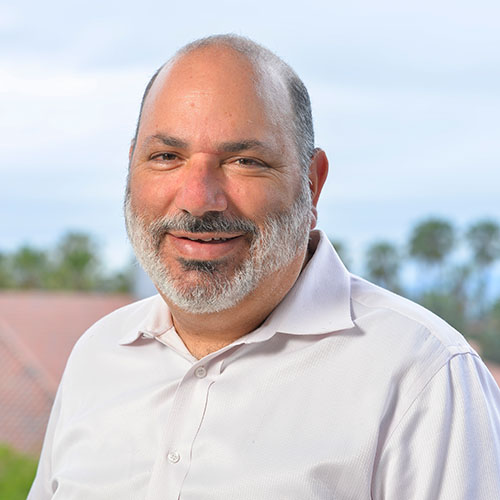
James Landay
Professor of Computer Science
Stanford University
-
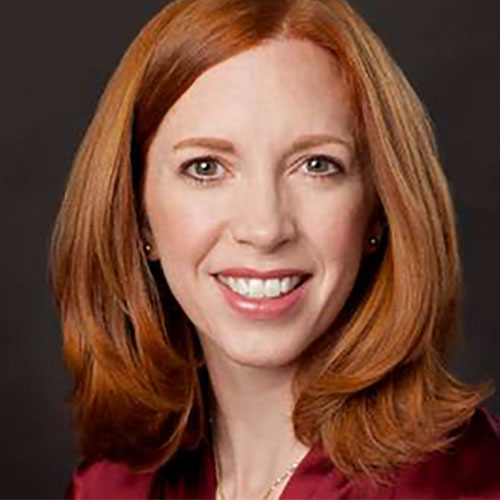
Julie Lanz
Senior Associate Director
Stanford University
-
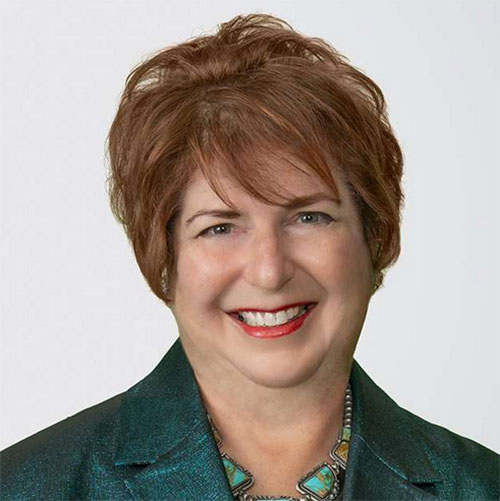
Shari Levitan
Private Wealth Services | Chair – New England
Holland & Knight LLP
-
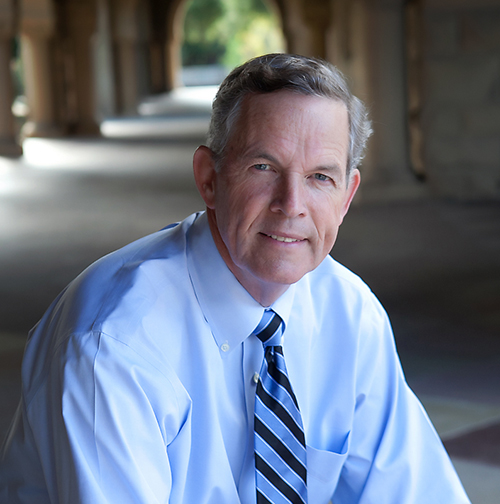
Howie Pearson
Sr. Philanthropy Advisor and Development Legal Counsel
Stanford University
-
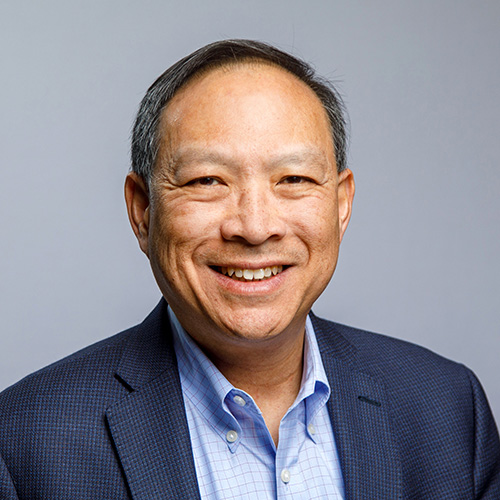
Larry PON
CPA/PFS, CFP, EA, USTCP, AEP
Pon & Associates
-
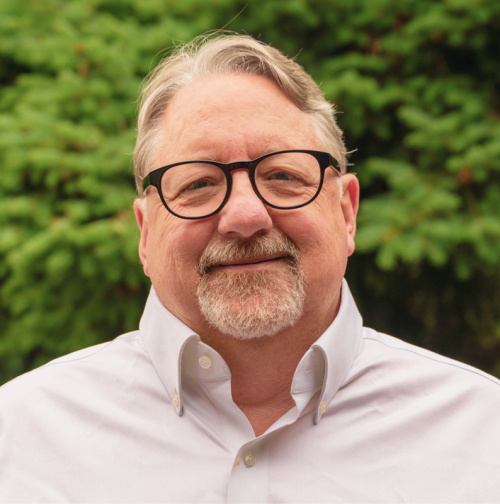
Matthew Wesley
Founder
Ascend Family Group
Sign Up for Conference Updates
Be the first to know about speaker announcements, registration opening, and more!
